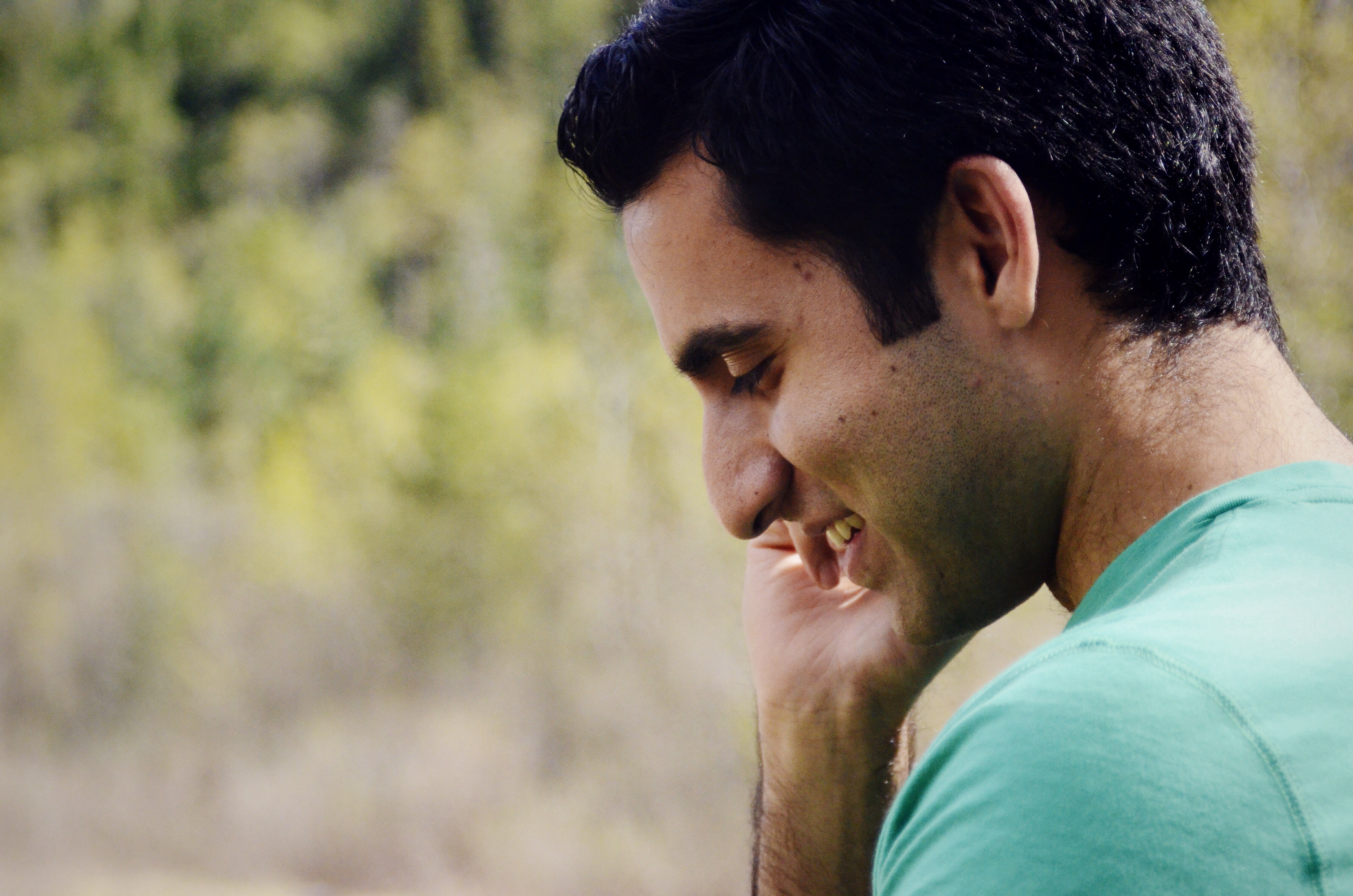What is Testicular Cancer?
Testicular cancer is a rare cancer. Currently, the cause of testicular cancer is unknown and it represents about 1% of all cancer affecting men. There are two types of testicular cancer: Seminoma and Nonseminona. It is usually present in men between the ages of 15 and 35.
Types of Testicular Cancer
- Seminoma – Which is common in all age groups of men, but tend to occur in older men.
- Nonseminoma – This tumor is more common in younger patients and there are several subtypes that can impact the prognosis. They include embryonal carcinoma, choriocarcinoma, yolk sac tumor, teratoma or any combinations of the subtypes listed.
Common risks for testicular cancer often include abnormal testicular development caused by Klinefelter’s syndrome or another genetic anomaly, family history, or undescended testicle that remains intra-abdominal. Caucasians are at a greater risk of testicular cancer.
Symptoms of Testicular Cancer
- A common presentation of testicular cancer is a painless but constant increase in the size of one of the testicles
- More rare, but also a possible presentation is painless but constant shrinkage of one of the testicles.
- One of the most common symptoms is the discovery of a lump inside of one of the testicles.
In most cases, testicular cancer often only involves one testicle in the way it is found.
Self-Examination for Testicular Cancer
Checking for abnormalities in the testicle on your own terms is a great way to ensure the health of your body. If you are worried about the chance of having testicular cancer, self-examination is an easy process.
- Inspect the testicles for varying sizes and shapes. If they seem to be the same size, there may be less of a concern.
- Check each testicle by placing it between finger and thumb and gently press across the surfaces
- If a firm lump is found inside either testicle, you should see a urologist immediately to establish if there is an abnormality inside your testicle, and what that means for you.
Testicular cancer is highly curable when detected early. If testicular cancer is found, the patient will go undergo orchiectomy, the surgical removal of the testicle. Once diagnosed with testicular cancer, the patient will receive a detailed CAT scan and there will be checks for tumors. The stage and type of testicular cancer will determine if the patient will need to undergo chemotherapy or radiation therapy.
What to Do if You Have Symptoms of Testicular Cancer
If any symptoms above are recognizable, make an appointment by contacting Dr. Howard Tay, MD, a board-certified urologist who has been in practice since 1996. Dr. Howard Tay will work with you and come up with a plan based on your specific symptoms. Set up an appointment today on his website or call 602-337-8500.

